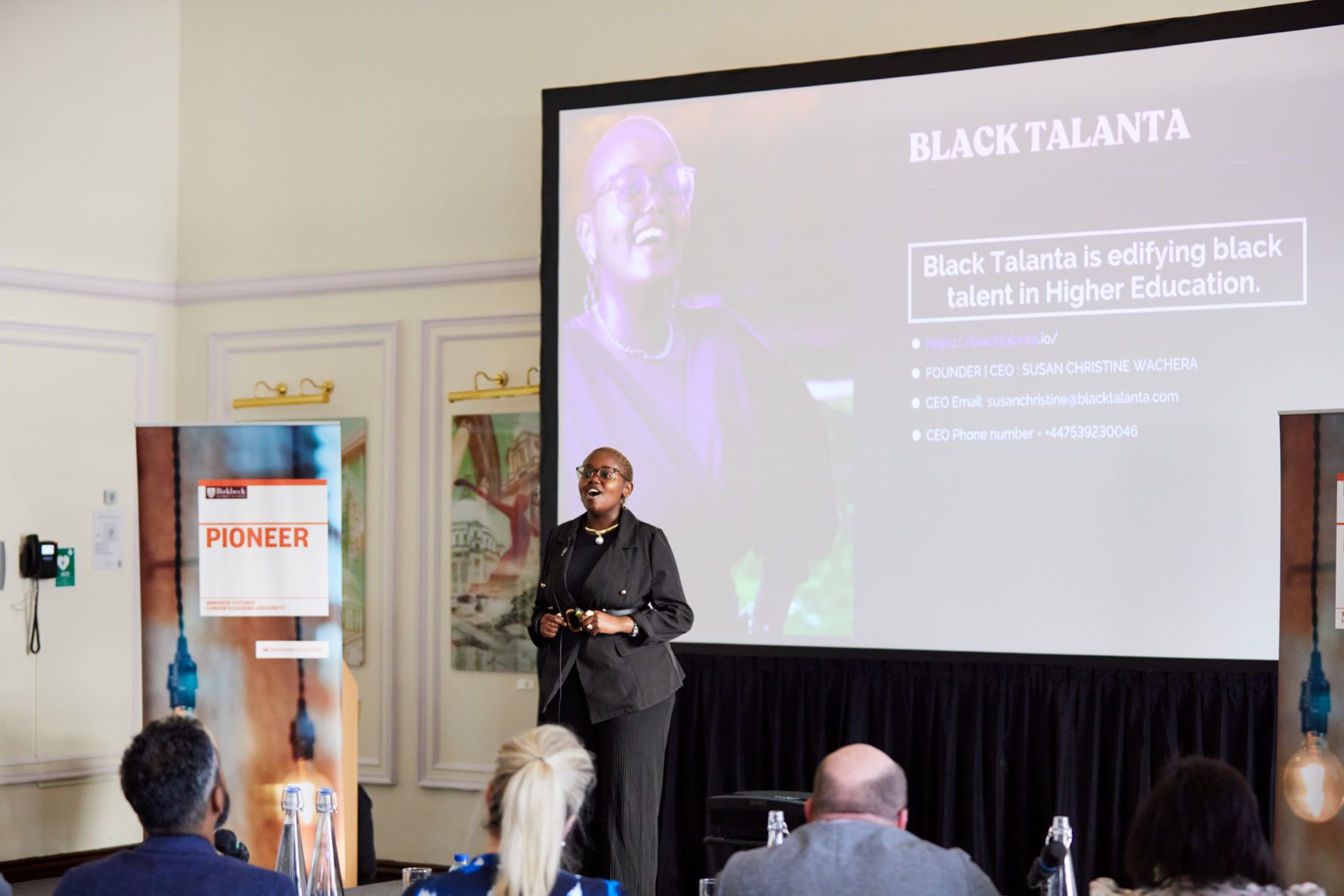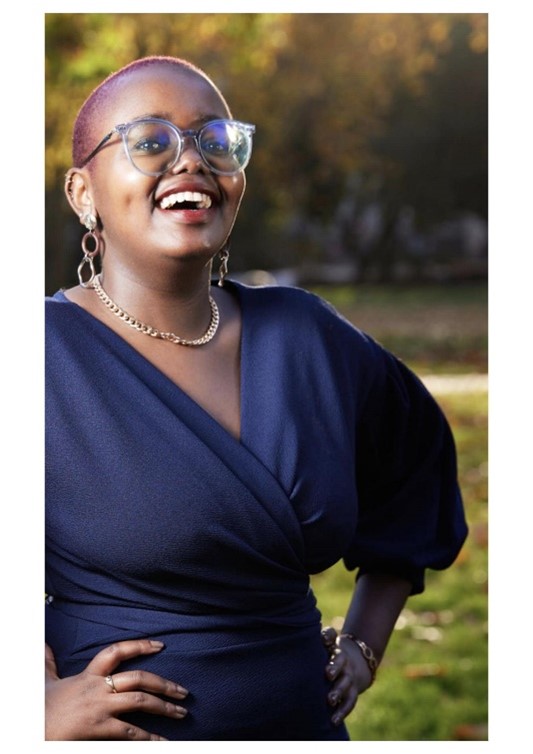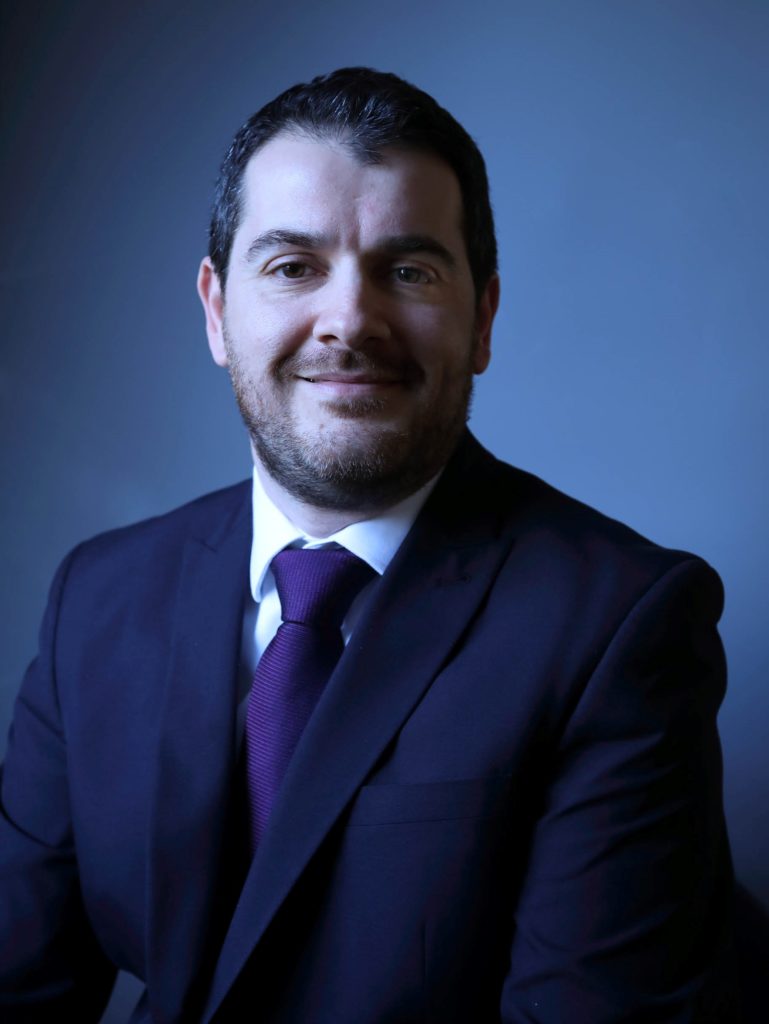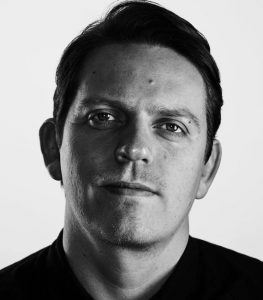Ramata N’Diaye is a 2023 Chevening scholar from Mali, passionate about Youth and Women empowerment and social entrepreneurship. Here, she shares her experience applying for the UK government’s prestigious scholarship and what made her choose Birkbeck.
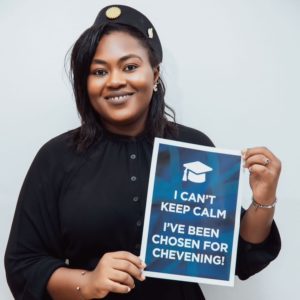 A short tour of my career serving youth and empowering women
A short tour of my career serving youth and empowering women
Entrepreneurship is a field that I’m very passionate about and been in for many years. As the Associate Director of Programs and Partnerships at Impact Hub, Bamako, I help young people realise their entrepreneurial dreams. I’m able to share my skills through training and coaching sessions held within the framework of various programmes. The programmes include, The Next Economy, which is made possible by the Dutch Ministry of Foreign Affairs; the Women Entrepreneurship and Leadership programme which is supported by the US Embassy; and Road2COP, a project financed by the UK Embassy in Mali that aims to provide an innovative and interactive platform for Young Malians in order to better understand the climate crisis.
Through my work I have planned, designed and implemented more than 10 impactful programs for over 2000 young people and have helped raise more than 100 million FCFA in financing for local entrepreneurs. I think my experience in management within the the start-up and innovation sector helped with this a lot. Furthermore, in my role of communication Coordinator of the National Council of Business Incubators and Innovation Centres of Mali, I built valuable partnerships with various stakeholders and played a pivotal role in fostering a vibrant entrepreneurial ecosystem, leading me to be a key speaker at the World Bank Group Regional Youth Summit in May 2023. Finally, as women entrepreneurship advocate, I have published several articles on female entrepreneurship in Mali and participated in various forum on the topic as a panelist.
Education and experience go hand in hand
I hold a Bachelor’s degree in Organisation Communication from Universiapolis, the international University of Agadir, Morocco, and I graduated from Nottingham Trent University with a Master’s Degree in Media and Globalization in 2017. I hold an Expert Certification in Business Support for Innovative Entrepreneurship from the Afric’Innov community, an investment readiness expertise certification from Investisseurs & Partners and finally a verified certification in Entrepreneurship in Emerging Economies from Harvard University online courses.
Chevening, entrepreneurship and economic development
In a country threatened by political, economic and security instabilities like Mali, the private sector and entrepreneurship is the source of about 90% of the job creation and a major share of sources economic growth. It is therefore the locomotive that will help the country emerge and develop. I think it is crucial to support the development of the local private sector and to invest in digital transformation, to create enough attractive and secure income opportunities for young people – especially women. Stable sources of income will mean fewer young people considering the path of Islamic extremism or immigration. For women it opens the door to financial independence, thus reducing gender-based violence. The importance of this matter in a Malian context, stimulated my interest to apply for Chevening.
I realized that a comprehensive education related to my expertise in entrepreneurship is essential in order to achieve my goals. I believe that gaining education in business development and innovation strategy combined with my experience, will help me acquire the capability to work in an extensive range of senior functional and general management positions across a wide spectrum of business sectors in Mali and the whole region.
I hope to have a key role in preparing young entrepreneurs through my international Chevening network, education, and career experience. In time, I want this to open up more opportunities for entrepreneurship advancement in Mali.
Mixing academic pursuits and active entrepreneurship at Birkbeck
I chose Birkbeck for my studies for several compelling reasons. Firstly, Birkbeck is renowned for its commitment to providing evening classes, allowing working professionals like myself to pursue advanced education without compromising their professional commitments.
Secondly, Birkbeck has a distinguished reputation for its emphasis on practical and applicable knowledge. The faculty at Birkbeck consists of accomplished professionals and scholars in the field, providing a valuable opportunity for me to learn from experts and gain insights from their practical experiences.
Lastly, I was fortunate to receive valuable insights from my fellow Malian and Chevening scholar, Awa Touré, who studied her master’s degree at Birkbeck. Her firsthand experience and positive recommendations about the academic environment, faculty expertise, and overall atmosphere at Birkbeck played a pivotal role in influencing my decision to choose the university for my own master’s studies.
- Find out about applying through Chevening and International Scholarships at Birkbeck
- Study entrepreneurship at Birkbeck
- Read more students stories
- Find out more about being an International Student at Birkbeck


